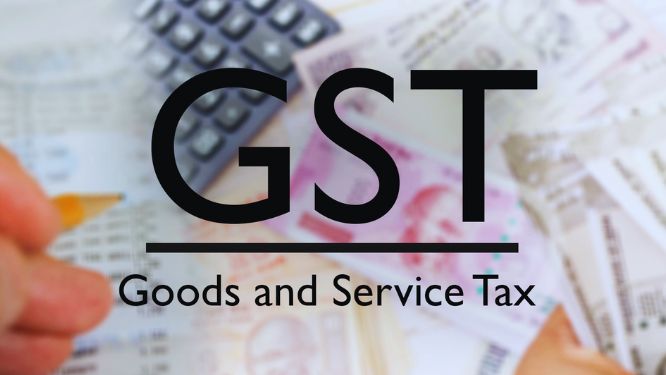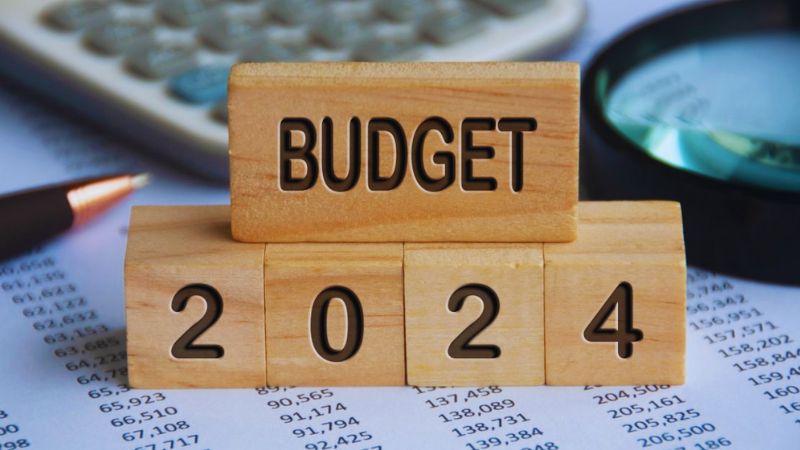The Union Budget 2024 has introduced a range of significant changes, with a particular focus on price hikes that will affect various sectors of the economy. From revised income tax slabs to adjustments in corporate taxes and changes in GST rates, the Budget aims to balance fiscal responsibility with economic growth. The hike in excise duties on fuel, alcohol, and tobacco, coupled with the increased GST on luxury goods, is expected to generate additional revenue for the government while also impacting the cost of living and business operations.
This comprehensive analysis delves into the key Budget 2024 highlights and examines their potential impact across different industries, providing insights into what these changes mean for the common man, businesses, and the overall economy.
Key Highlights of Budget 2024
Revised Income Tax Slabs
The Budget 2024 introduced new income tax slabs, affecting individual taxpayers significantly. Here’s a breakdown of the revised slabs:
- Income up to ₹2.5 lakh: No tax
- Income from ₹2.5 lakh to ₹5 lakh: 5%
- Income from ₹5 lakh to ₹10 lakh: 10%
- Income above ₹10 lakh: 20%
These changes, known as the income tax updates 2024, aim to simplify the tax structure and provide relief to middle-income earners.
Corporate Tax Adjustments
Corporate tax rates have also seen revisions, with a slight increase for large corporations to fund infrastructure projects. The new rates are:
- Small and Medium Enterprises (SMEs): 25%
- Large Corporations: 30%
Goods and Services Tax (GST) Revisions

Increased GST on Luxury Goods
Luxury items such as high-end electronics, cars, and imported goods will now attract a higher GST rate of 28%, up from the previous 25%. This move is aimed at generating additional revenue and discouraging the import of luxury goods. The GST changes 2024 include this significant increase in GST on luxury goods.
Reduced GST on Essential Goods
In contrast, the GST on essential goods like basic food items, healthcare products, and educational materials has been reduced to 5%. This reduction is expected to make essential items more affordable for the common man.
Excise Duty Adjustments
Fuel Price Hike
One of the most talked-about changes in the Budget 2024 is the increase in excise duty on petrol and diesel. The excise duty on petrol has been increased by ₹2 per litre, while diesel has seen a hike of ₹1.5 per litre. This increase is expected to affect transportation costs and, subsequently, the prices of goods and services across the board. This fuel price increase 2024 is a key highlight of the budget.
Alcohol and Tobacco
Excise duty on alcohol and tobacco products has also been raised by 10%, aiming to discourage consumption and increase government revenue. This is part of the excise duty hike 2024.
Sector-Wise Impact of Price Hikes
Automotive Industry
The increase in GST on luxury cars and higher excise duty on fuel is likely to slow down the automotive industry. Consumers might delay or reconsider purchasing high-end vehicles due to the increased costs. This price hike in Budget 2024 could have a considerable impact on automotive sales.
Consumer Electronics
With the hike in GST on high-end electronics, prices of smartphones, laptops, and other gadgets are expected to rise, potentially affecting consumer demand. The consumer electronics price hike is a notable consequence of the new GST changes.
Transportation and Logistics
The fuel price hike will lead to increased transportation costs, impacting the logistics sector. Higher transportation costs will likely trickle down to the prices of everyday goods, affecting the overall cost of living. The transportation costs will be a crucial aspect to monitor.
Government’s Rationale Behind Price Hikes
The government has defended these price hikes, citing the need to boost revenue for infrastructure development, social welfare schemes, and economic stability. The focus is on long-term benefits, such as improved public services and infrastructure, which could lead to a more robust economy. This rationale ties into the economic impact of Budget 2024 and the need for financial planning.
Public Reaction and Criticism
Mixed Reactions from Economists
Economists have given mixed reactions to the Budget 2024. While some appreciate the focus on infrastructure and social welfare, others are concerned about the inflationary pressures the price hikes could create. The budget 2024 public reaction includes both support and criticism.
Impact on the Common Man
The general public has expressed concerns over the increased cost of living, particularly due to the fuel price hike. There are fears that this could lead to inflation, affecting household budgets. The common man impact is a significant concern in the Budget 2024 summary.
The Budget 2024 has brought significant changes, particularly in the form of price hikes in various sectors. While the government’s rationale focuses on long-term benefits, the immediate impact on the common man and various industries cannot be ignored. It remains to be seen how these changes will play out in the coming months. The budget 2024 key points and 2024 budget changes will be crucial to observe as we move forward.







